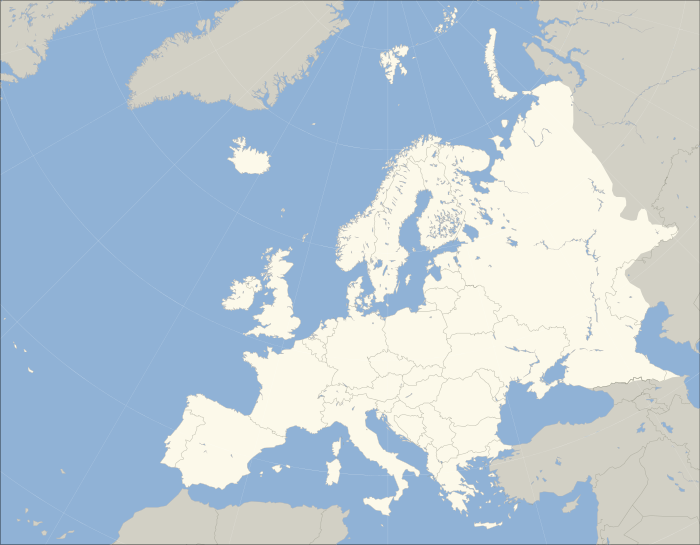As investors, do we sometime get a little too carried away with the wave of political and election news being broadcast by national media? In the following analysis from David Walton, manager of the IFSL Marlborough European Special Situations fund, David suggests that a more pragmatic approach to stock selection would be to concentrate on identifying quality companies with strong long term growth potential – which can often be found at attractive valuations. That’s if you know where to look of course!
With no fewer than 50 countries heading to the polls this year, you have probably read numerous articles on how elections should have little or no bearing on investing. You might now be wondering if they were all mistaken.
Take the speculation surrounding the forthcoming Budget from the UK’s new Labour government. According to reports, fears of a rise in capital gains tax have already sparked a “selling frenzy” among worried asset-holders .
In the US, meanwhile, the fallout from President Joe Biden’s decision not to seek a second term helped fuel market volatility . With the outcome of the race for the White House once again too close to call, uncertainty reigns.
In continental Europe, too, political events have recently generated their fair share of headlines. France staved off the prospect of a far-right government earlier this year, Austria is facing the same challenge now, and Germany is flirting with a similar scenario , .
Given that the fund I manage has a European focus, these last developments ought to be of particular interest to me – and in some respects, of course, they are. But are they likely to dramatically alter how I go about investing in the region?
Frankly, no. I would say all those articles you may have read were largely right. When it comes to identifying the brightest investment opportunities in the sphere of European equities – especially at the lower end of the market-capitalisation spectrum – politics is usually way down the list of lenses I apply.
Politics versus pragmatism
The European Commission has described Europe as experiencing “gradual expansion” . This is a euphemism for economic slowdown, a fate currently afflicting much of the world.
The European Union is expected to deliver GDP growth of just 1% in 2024 and 1.6% in 2025. The eurozone has been tipped to perform even less impressively, with figures of 0.8% and 1.4% respectively .
These numbers are wont to change every time the Commission produces a new forecast. They could look more promising when the next batch of data is published. Even so, they are likely to remain low.
Yet the truth is that Europe has seldom been a far-reaching hotbed of spectacular growth. Its equity culture is comparatively underdeveloped, with markets long lagging those of the US and the UK in terms of size in relation to GDP.
The major attractions for investors are therefore likely to lie not in the region as a whole but in individual companies. In other words, this is an investment landscape that should be viewed at a much more granular level.
This has been the case for many years, and it is still the case today. As a result, it is extremely rare for political happenings – whether positive or negative – to greatly affect informed investment decisions.
Beyond the bigger picture
Outside the realm of large-cap businesses – that is, those with a market cap of more than $10 billion – European stocks tend to be under-researched. They generally earn the attention of relatively few investment analysts.
In light of this limited coverage, they are likely to be not only underappreciated but undervalued. Many smaller companies – even those in the mid-cap space – have valuations that are lower now than several years ago.
This underscores the importance of appreciating when a share price may not reflect a business’s inherent appeal. “Cheap” stocks can still have solid fundamentals, sound management, excellent policies and practices and – maybe above all – long-term potential.
Sarantis is a good example. Headquartered in Greece, it makes a wide range of consumer products. It has a strong presence in European markets and scant competition from global brands. Its share price has almost doubled during the past three years .
Ultimately, the goal is to find quality companies with their own capacity for growth. The capacity for growth of the countries or areas in which they operate should be less significant – and the political happenings that might somehow shape that national or regional capacity should be even further removed from the reckoning.
It is always worth taking some account of the bigger picture, and politics is a key component of that. In the end, though, investors in European equities would be well advised to concentrate on what goes on within specific businesses rather than what goes on within the purported corridors of power.
David Walton is manager of the IFSL Marlborough European Special Situations fund.







